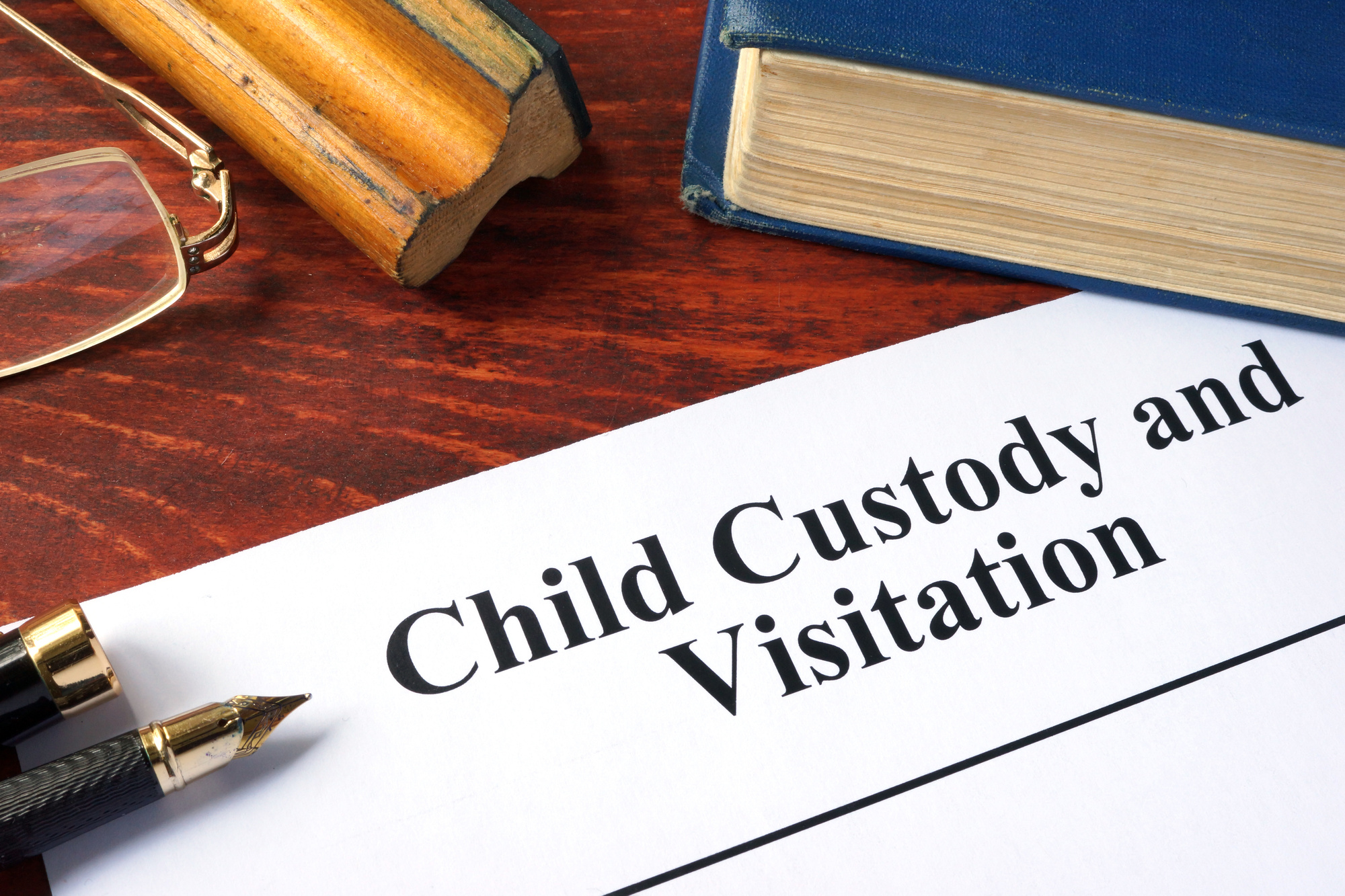The divorce rate has recently hit a record low in the United States, but that doesn’t mean divorces aren’t still happening every day. Even in the most amicable of divorces, it’s difficult to figure out child custody and what’s best for the children. Sometimes, both parents will have their own idea of who their kids should live with, and this creates nothing but tension within the family.
Are you divorced or planning to get divorced with kids?
If so, keep reading below to learn more about how child custody negotiations work and what you can do to prepare.
What Is Child Custody Legally?
Legal child custody means that you have the right to make all of the decisions about how a child is brought up or raised. Parents that have legal custody get to decide everything in a child’s life from school to religion to medical care.
Physical custody refers to where the child is going to live.
Many states will award joint legal custody, which is when both parents share this decision even when they are no longer married. If either parent excludes the other parent from a decision, the excluded parent can then take their ex back to court to ask the judge to enforce the agreement. This will just lead to more tension and more court fees.
If you have a joint custody agreement, it is expected that the child will reside at both parents’ residences for an agreed-upon schedule.
If you truly believe that you and your ex (or future ex) won’t be able to raise the children together, you will have to be able to provide solid reasoning for this in court to obtain sole custody.
What to Expect From Child Custody Negotiations
Child custody negotiations will either occur in child custody court or mediation.
In most cases, parents are able to find a compromise during child custody mediation sessions when they are considering what is best for their children.
With that being said, however, there are exceptions. Parents don’t always get along, even for the sake of the children, and it can lead to more difficult negotiations and sessions in court.
If you feel like you want to try and fight for sole custody, consider these factors before doing so:
- How stable is your ex’s home life and family life?
- How capable is your ex of taking care of the children properly?
- What is your ex’s current lifestyle like?
- Is your ex abusive or otherwise unsafe to be around?
Many children do benefit from having access to both parents, but in situations that this isn’t the case, the other parent may want to attempt to convince the court that sole custody is in the best interest of the children.
A child custody lawyer is going to be able to help you navigate these proceedings. They will talk with you about your specific situation and the relationship you have with your children and your ex-partner.
Are You Interested in Seeking Child Custody?
With this information about how child custody negotiations are likely to work, you may feel more prepared to proceed with your divorce.
If that’s the case, remember that your children rely on you to take care of them and that your relationship ending with your partner is difficult for them as well.
Are you interested in talking with an experienced legal team about child custody or divorce? Contact us today at Crosson Richettti & Daigle to schedule an appointment for a confidential consultation.











